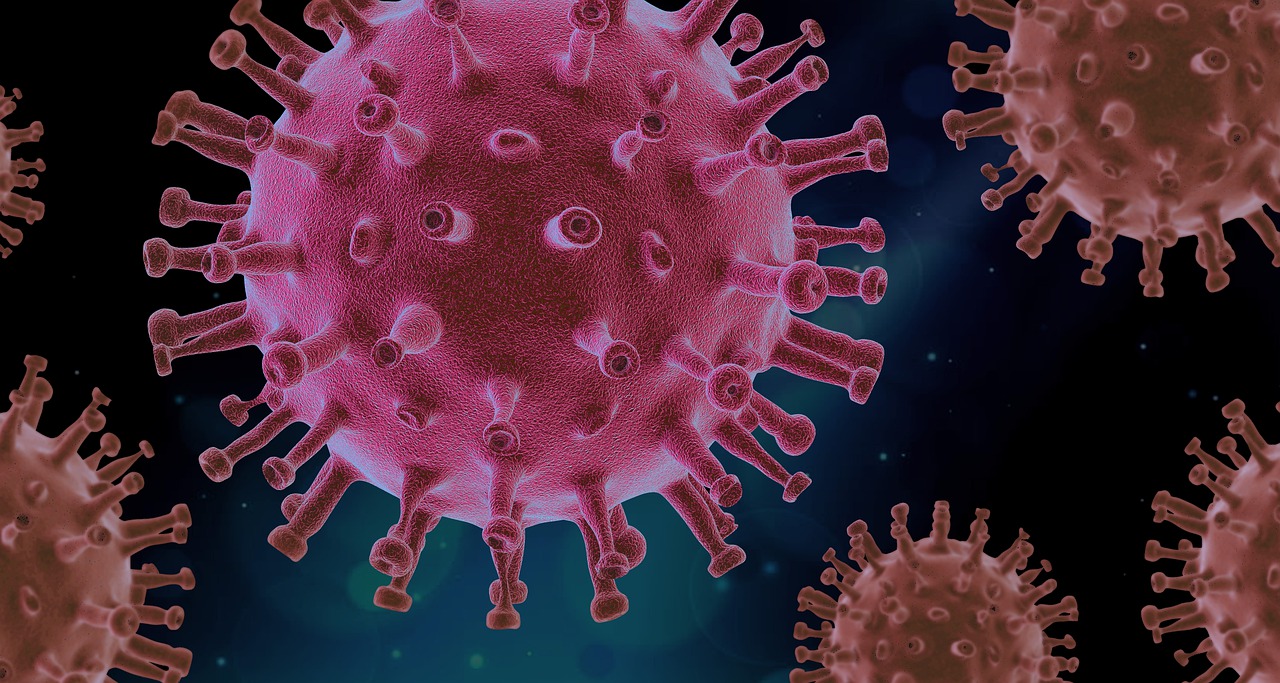The emergence of new COVID-19 variants has posed significant challenges in the fight against the pandemic. The new variants of SARS-CoV-2 virus are more infectious, and in some cases, more lethal than the previous strains. With each new variant, the scientific community has had to adapt quickly to understand the behavior of the virus and develop appropriate countermeasures. The Delta variant, which was first identified in India, has been particularly challenging.
The Delta variant has rapidly spread worldwide and has become the dominant strain of the virus in many countries. It is estimated to be up to 60% more infectious than the original strain of the virus, and recent studies suggest that it may also be more lethal. The rapid spread of the Delta variant has put immense pressure on healthcare systems, and countries are struggling to keep up with the demand for hospital beds, oxygen, and medical supplies.
One of the biggest challenges posed by the Delta variant is its ability to evade the immune response. Studies have shown that people who have been vaccinated or have recovered from COVID-19 are still susceptible to the Delta variant. This has raised concerns about the effectiveness of current vaccines and the need for booster shots. The World Health Organization (WHO) has urged countries to prioritize vulnerable populations, such as healthcare workers and the elderly, for booster shots to ensure they have adequate protection against the Delta variant.
The emergence of new variants has also led to confusion and misinformation about the efficacy of different vaccines. The effectiveness of vaccines against the Delta variant varies depending on the type of vaccine and the number of doses administered. Some vaccines, such as the Pfizer-BioNTech and Moderna vaccines, have shown to be highly effective against the Delta variant with two doses. However, other vaccines, such as the Sinovac and Sinopharm vaccines, have shown to be less effective against the Delta variant, highlighting the need for more research and development of more effective vaccines.
The Delta variant has also highlighted the importance of public health measures such as social distancing, mask-wearing, and hand hygiene. These measures have proven effective in slowing the spread of the virus and reducing the burden on healthcare systems. However, compliance with these measures has been difficult to enforce, particularly in countries where there is widespread vaccine hesitancy or political opposition to such measures.
In addition to the Delta variant, other new variants have also emerged, such as the Omicron variant, which was first identified in South Africa. The Omicron variant has over 50 mutations in the spike protein, which is the part of the virus that attaches to human cells. Early studies suggest that it may be even more infectious than the Delta variant, and there are concerns that it may also be able to evade the immune response. The emergence of the Omicron variant has led to travel restrictions and renewed calls for booster shots and stricter public health measures.
In conclusion, the emergence of new COVID-19 variants has posed significant challenges in the fight against the pandemic. The Delta variant has been particularly challenging due to its high transmissibility, ability to evade the immune response, and the confusion surrounding the efficacy of different vaccines. The emergence of the Omicron variant has raised concerns about the effectiveness of current vaccines and the need for new treatments and public health measures. It is crucial that the scientific community continues to monitor the evolution of the virus and develop appropriate countermeasures to combat the new variants. At the same time, it is essential that individuals and governments continue to take proactive measures to slow the spread of the virus, including vaccination, social distancing, and mask-wearing.




